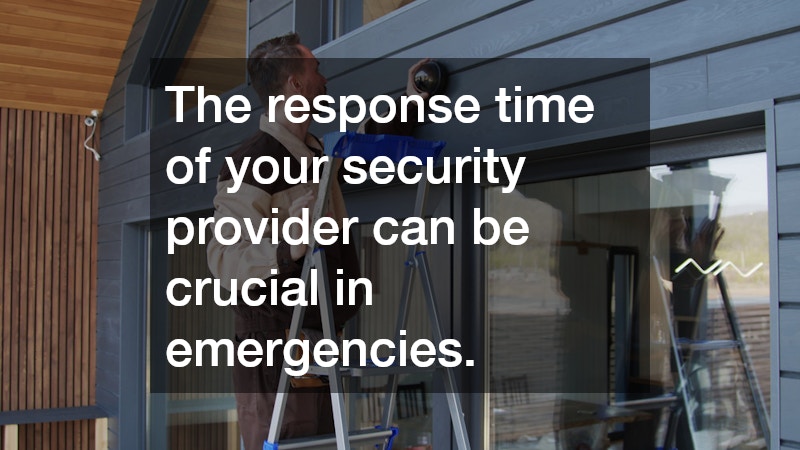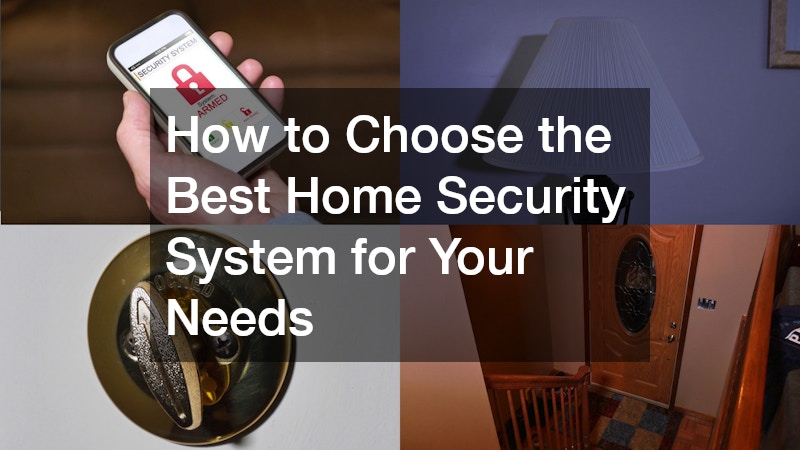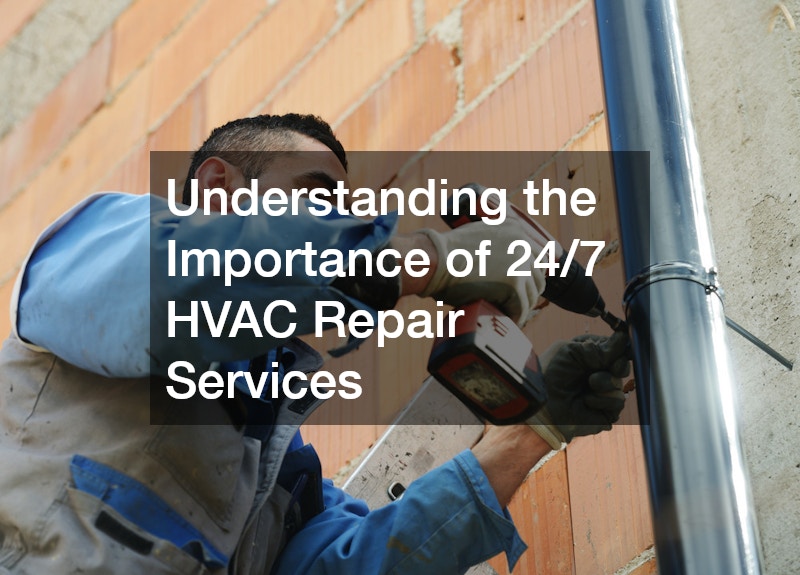Choosing the right system begins with identifying your household’s specific security concerns—deterring break-ins, monitoring package deliveries, or keeping an eye on children or elderly family members. The ideal solution varies greatly depending on your home layout, neighborhood, lifestyle, and budget. By clearly understanding these factors before shopping for a system, you’ll be better positioned to compare available options and avoid paying for unnecessary features.
What Types of Home Security Systems Are Available?
Wired vs. Wireless Systems
The installation process is a key consideration when deciding between wired and wireless systems. Wired systems often require professional installation due to extensive cabling throughout the home.
Wireless systems offer more flexibility, often allowing for easier installation and scalability. They’re generally considered more convenient, with the added benefit of being able to relocate components as needed.
Despite these benefits, wireless systems can be susceptible to interference from other devices. Conversely, wired systems, while more stable, may pose challenges when upgrading or expanding.
DIY vs. Professional Installation
Installing a security system yourself can be cost-effective and empowering for many homeowners. However, it requires a certain level of technical experience and patience. Though more expensive, professional installations assure the system is set up correctly and operates efficiently. This option often comes with warranties and service guarantees.
Choose DIY installation if you are comfortable with technology and want to save on costly fees. Opt for professional installation for complicated systems or if you desire additional peace of mind.
Which Features Are Most Important in a Home Security System?
Surveillance Cameras
Surveillance cameras are a crucial component of any home security system. They serve as deterrents to potential intruders and provide vital evidence in case of incidents.
When selecting cameras, consider factors like resolution, field of view, and night vision capabilities. Advanced features such as motion detection and facial recognition can enhance security.
Systems are available that connect to your smartphone, allowing you to monitor your property from anywhere. This level of accessibility further enhances security management and response time.
Smart Home Integration
Integrating your security system with smart home devices can provide seamless and enhanced security. SIntelligentsystems allow for automation and control over various security aspects.
With smart integration, users can control lights, locks, and cameras through a single app or voice commands. This convenience can be a significant advantage for tech-savvy homeowners.
Furthermore, smart home integration can offer compatibility with other devices in your home, creating a comprehensive and unified security network. This integration enables a holistic approach to managing home security.
How Much Should You Expect to Pay for a Home Security System?
Initial Costs vs. Ongoing Fees
Home security systems typically involve an initial investment for equipment and installation. Most providers also charge ongoing fees for monitoring and maintenance services.
When selecting a system, it’s essential to consider the long-term costs. Monthly fees can vary significantly depending on the level of monitoring and support provided.
Evaluate your budget to balance upfront costs with the affordability of ongoing charges. Some systems offer pay-as-you-go plans that can be beneficial for those seeking flexibility.
Budget-Friendly Options
Several affordable security systems don’t compromise on essential features for homeowners on a budget. Look for systems with basic monitoring and key components like cameras and alarms.
Many companies now offer no-contract options, allowing you to modify or cancel services without penalties. This flexibility is ideal for rentals or those anticipating a change of residence.
Consider companies like SimpliSafe or Ring that offer affordable yet robust systems. Careful evaluation of bundled packages can help maximize value while minimizing costs.
How Do You Evaluate the Reliability of a Home Security Provider?
Customer Reviews and Reputation
Assessing a security provider’s reliability starts with examining customer reviews. Online reviews can offer insights into customer satisfaction and common issues experienced.
Industry reputation also plays a critical role in provider evaluation. Established brands often have a history of reliability and quality service offerings.
When researching, seek out third-party comparisons and ratings for an unbiased view. Priority should be given to providers with consistently positive reviews and recommendations.
Response Time and Support
The response time of your security provider can be crucial in emergencies. A quick response can mitigate damage and provide immediate assistance.
Evaluate the quality of customer support through available channels like phone, chat, or email. Reliable support ensures that issues are resolved promptly, enhancing overall satisfaction.
Providers that offer comprehensive support and reliable response times are vital components of a robust security setup. Consider checking for service-level guarantees and after-sales support availability.
In today’s rapidly evolving tech setting, staying informed about the latest advancements in home security is also crucial. The industry continues introducing innovative features that enhance convenience and protection from AI-driven alerts to integration with wearable devices. Regularly reassessing your system’s effectiveness and staying updated on available upgrades can assure your home remains secure well into the future.




